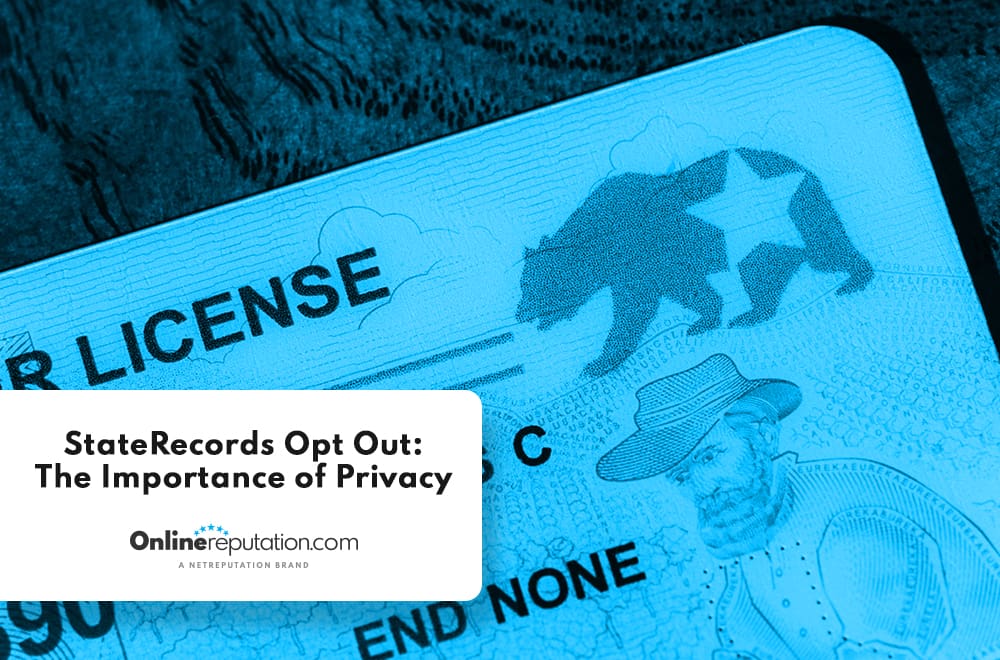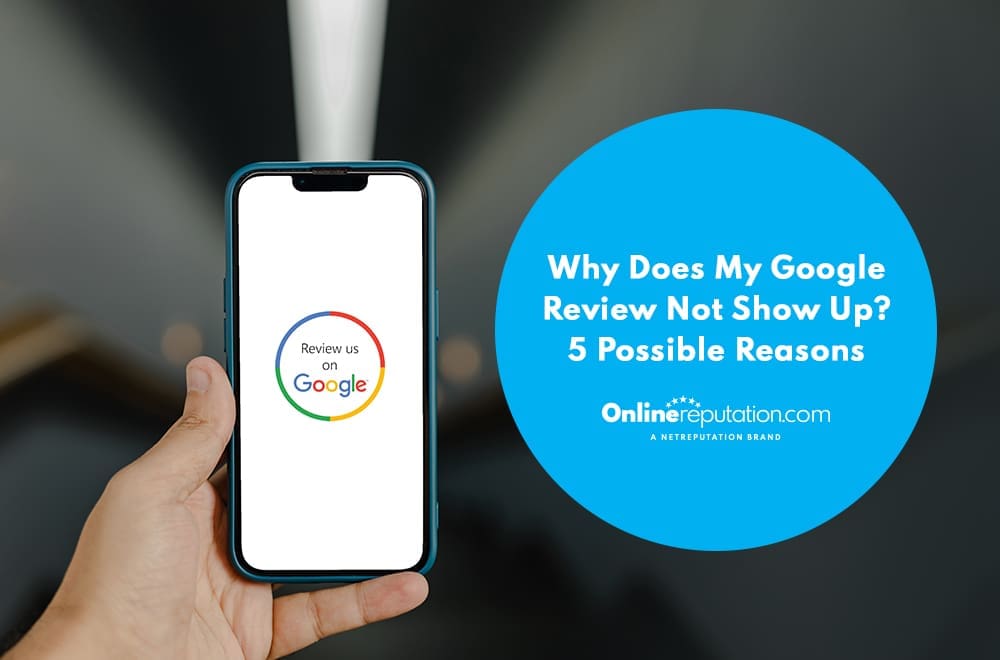
In today’s digital age, protecting our personal information is more important than ever. StateRecords collects and shares a vast amount of data about individuals, posing risks such as identity theft, stalking, and unwanted solicitation. Opting out of StateRecords is crucial for safeguarding our privacy.
This article delves into why opting out is essential, what information StateRecords collects, how they obtain it, and the risks of not opting out.
Let’s explore how you can take control of your personal information and ensure your privacy is protected.
Key Takeaways:
- Opting out of StateRecords.org protects your personal information from being collected and shared without your consent.
- Risks of not opting out include identity theft, stalking, and unwanted solicitations.
- In addition to opting out, utilizing privacy settings on social media and limiting personal information online can further protect your privacy.
What Is StateRecords Opt Out?
StateRecords Opt Out requests that data brokers like StateRecords remove personal information from their database upon the user’s or data broker’s request.
This practice is essential for individuals who prioritize their privacy and wish to restrict disseminating their sensitive data. By exercising the StateRecords Opt-Out option, users can take control of the information being circulated about them. It gives individuals the power to safeguard their personal information from potential misuse or exploitation by unknown parties. The opt-out request process typically involves submitting a formal request to remove data through the data broker’s designated channels, requiring users to verify their identity to ensure the accuracy of the removal request.
What Are the Risks of Not Opting Out of StateRecords.org?
Failing to opt out of StateRecords can expose individuals to risks like identity theft, stalking, and unwanted solicitation. Identity theft, often resulting from compromised personal records through data breaches or fraud, can lead to financial ruin and extensive legal battles. Stalking and harassment can occur due to easy access to individuals’ contact information, causing severe psychological distress. Unwanted solicitation, arising from unauthorized selling of personal data, violates privacy laws and ethical standards, potentially leading to penalties and legal consequences. Strict enforcement of privacy laws is advocated to prevent misuse of personal data for targeted advertising and unsolicited communication.
How to Opt-Out of StateRecords.org
Opting out of StateRecords involves submitting a removal request through the provided process and confirming the action via a verification link.
Once you have decided to opt out of StateRecords.org, the first step is to navigate to the official information from the StateRecords.org website or platform where your information is listed. Locate the option for opting out or removing your data, typically found in the privacy or data management section. Follow the instructions to submit your removal request, ensuring you fill out all required fields accurately.
After submitting your opt-out form request, you will receive a verification email containing a link that you must click to confirm your opt-out action. This step is crucial to ensure that your removal request is processed successfully. Check your inbox, including your spam or junk folder, to see if the email gets filtered.
You can contact the data management department for assistance if you encounter any issues during the process or have questions about opting out of StateRecords. Contact details are usually provided on their website, and they will guide you through the following steps to complete and successfully remove your information.
What Other Measures Can Be Taken to Protect Privacy?
To enhance privacy beyond opting out of StateRecords, users can adjust privacy settings on social media and limit personal information shared on public platforms and search sites. Additionally, utilizing privacy-enhancing browser extensions offers extra protection by blocking trackers and encrypting web traffic. Managing privacy settings on social media helps control access to posts and personal details, reducing the risk of identity theft. Limiting personal information on public platforms like property records and employment details reduces vulnerability to unauthorized access. Privacy-protecting browser extensions block intrusive cookies and prevent search engines from collecting search queries, enhancing online anonymity and security. These measures empower individuals to protect their digital footprint and mitigate cyber threats effectively.
Conclusion
Safeguarding privacy rights by opting out of services like StateRecords and actively managing personal information through removal requests is crucial for protecting sensitive data in the digital age.
By being proactive in data management, individuals can take control of the information shared online, reducing the risk of potential breaches and unauthorized access to personal details.
Advocating for privacy rights ensures that companies and authorities respect individuals’ data protection preferences and adhere to privacy laws and regulations, fostering a secure digital environment for all users.
Empowering individuals to exercise their privacy rights and make informed decisions about their data contributes to more transparent and ethical data-handling practices across all platforms.
Frequently Asked Questions
Why is opting out of StateRecords important for privacy?
Opting out of StateRecords is essential for safeguarding privacy and preventing data brokers from sharing personal information without consent. It empowers individuals to control their data usage, and the privacy rights link reduces risks of identity theft and unwanted marketing. This proactive step aligns with privacy rights, promotes digital security, and minimizes vulnerability to cyber threats.
What information does StateRecords collect and share?
StateRecords gathers personal data from public records and agencies, including names, addresses, employment history, criminal records, and property ownership. It also collects information from state records, other government bodies, and private entities to create detailed profiles for various purposes, such as identity verification and regulatory compliance.
How does StateRecords obtain this information?
StateRecords collects personal data through partnerships with reputable data brokers and government agencies. It accesses various sources, such as public records, social media sites, and online transactions. Access to government records like property and court documents creates detailed profiles available to the public via its online platform.
Can anyone opt out of StateRecords?
Generally, anyone can request to opt out of StateRecords. However, there may be some exceptions for individuals who hold public office or have specific professional licenses that require their information to be publicly available.
Are there any fees associated with StateRecords Opt Out?
There are no fees associated with the StateRecords Opt Out process itself. However, some agencies may charge a small administrative fee to process your request. It is best to check with the agency beforehand to confirm any potential costs.
You might also like
Why Does My Google Review Not Show Up? 5 Possible Reasons
In today’s digital age, protecting our personal information is more important than ever. StateRecords collects and shares a vast amount …
